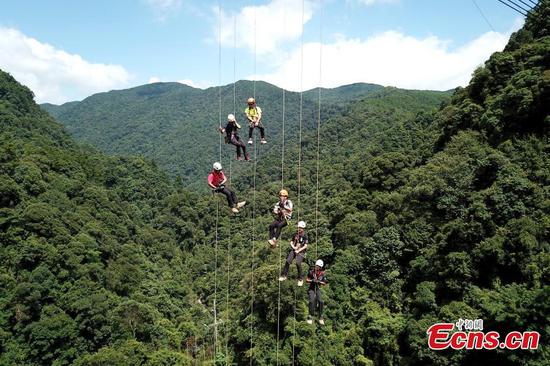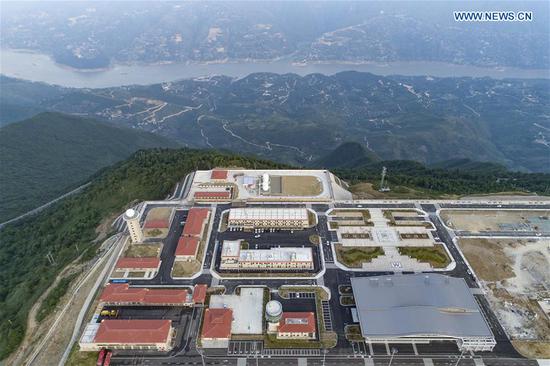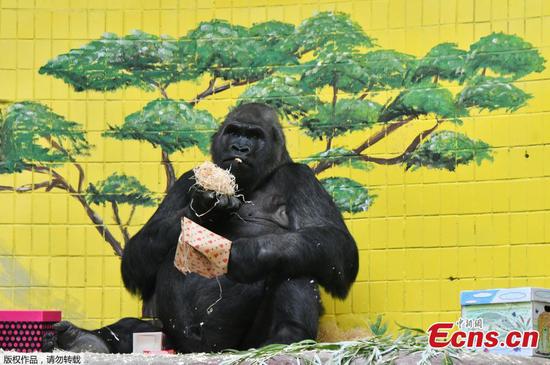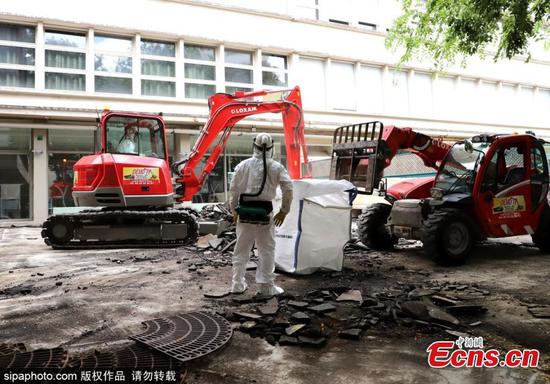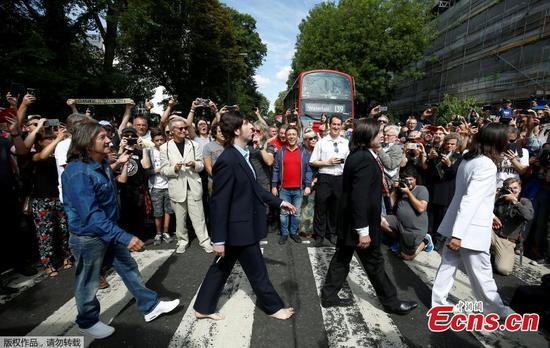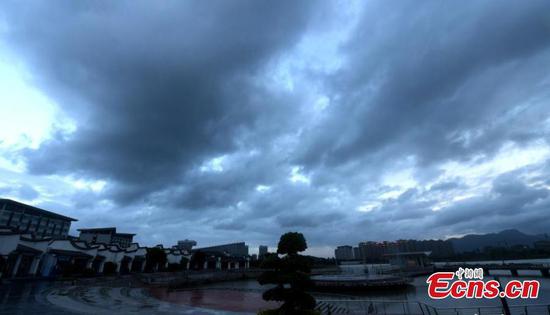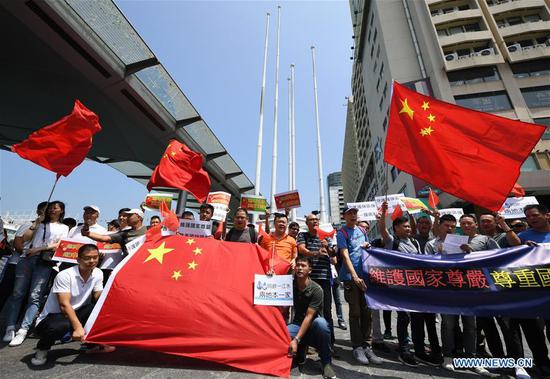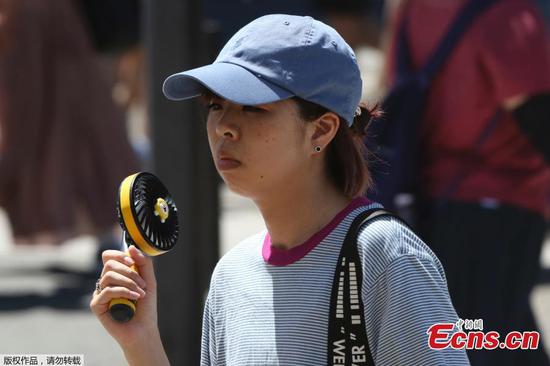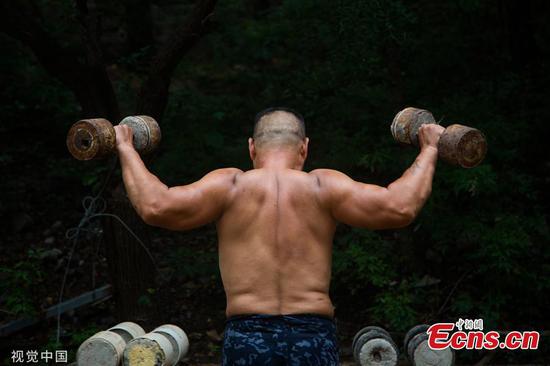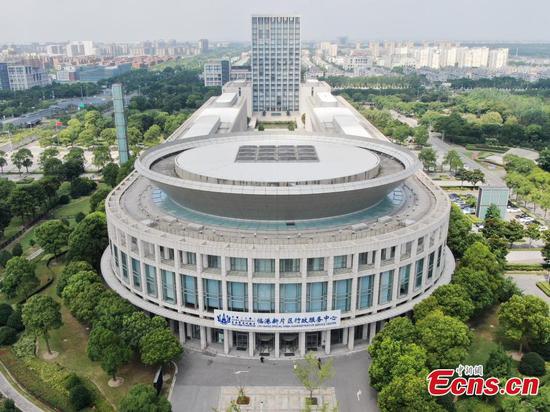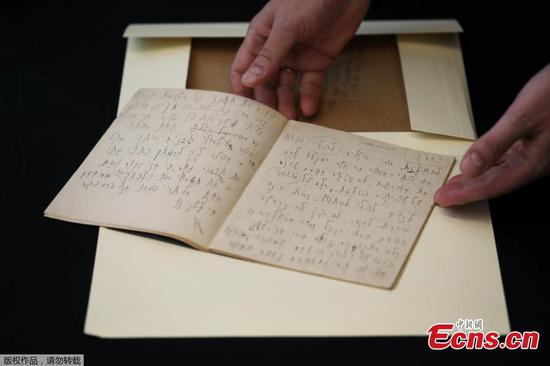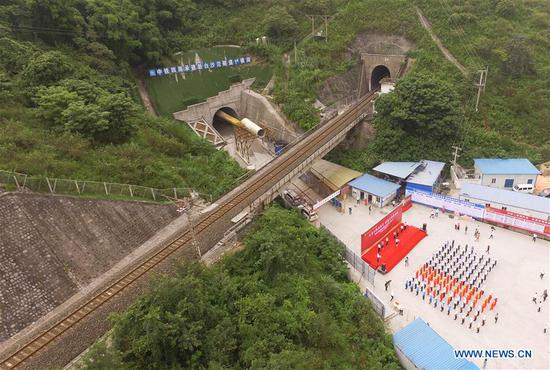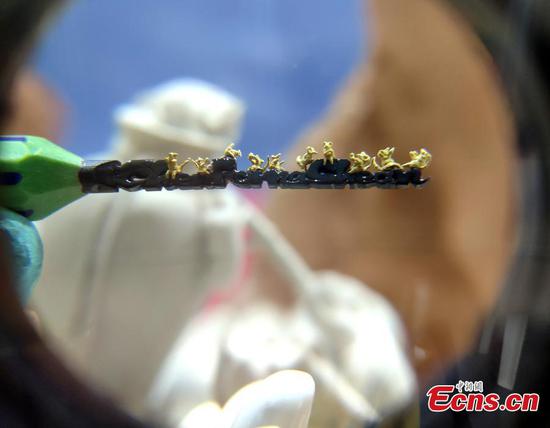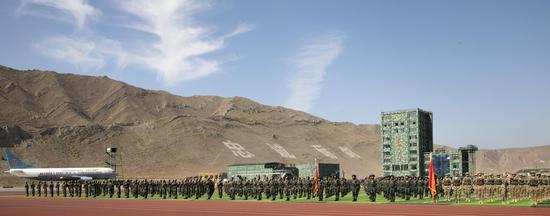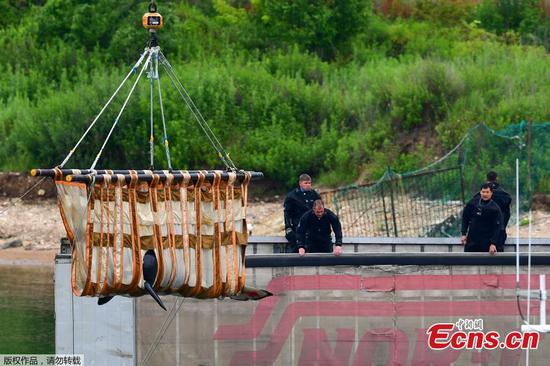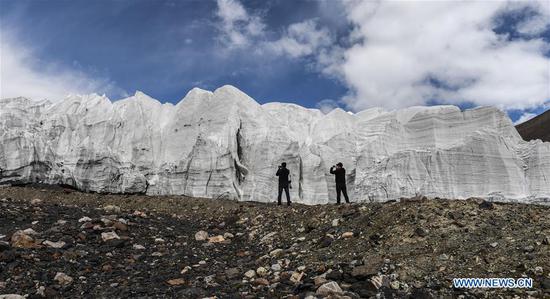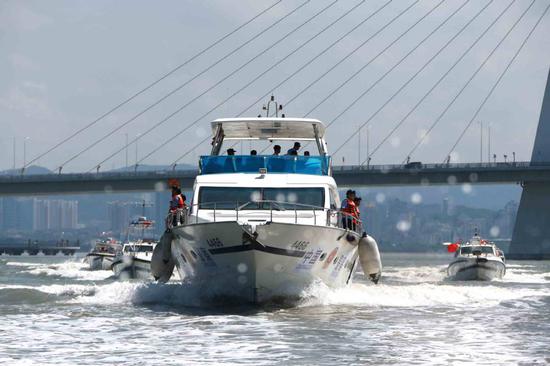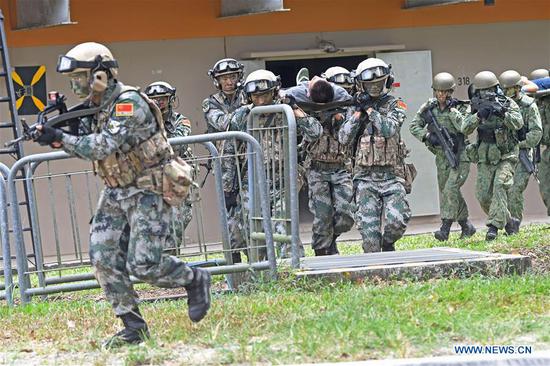China urged the U.S. to stop its unfair and discriminatory treatment of Chinese firms following the U.S. government moves to ban on Wednesday federal purchases of telecommunications equipment from five Chinese companies amid the protracted China-U.S. trade war.
The latest move targeting top Chinese firms including telecommunications giant Huawei, will inflict no real impact on the companies and will only act as a bargaining chip in future trade negotiations, analysts told the Global Times Thursday.
The U.S. Congress approved the ban as part of a broader defense bill in the National Defense Authorization Act (NDAA) in 2018.
In August 2018, U.S. President Donald Trump signed a bill that barred the U.S. government from using equipment from Huawei and another Chinese provider, ZTE. The ban has expanded to other Chinese firms, including surveillance camera suppliers Hikvision and Dahua, and radio systems manufacturer Hytera.
The interim rule is scheduled to take effect on Tuesday.
Chinese Foreign Ministry spokesperson Hua Chunying said on Thursday that the U.S.' wanton use of its national power to smear and crack down on specific Chinese firms has seriously tarnished the U.S.' image, and that the global industrial chain and supply chain will only suffer more.
"We support relevant firms to resort to legal measures to protect their interests, and China will take all necessary measures to assert Chinese firms' rights," Hua said.
Huawei said in a statement sent to the Global Times Thursday that it will continue to challenge the constitutionality of the ban in federal court.
"The news today was not unexpected as it is the continued promulgation of the rules laid out by the NDAA of 2019. The NDAA law and its implementing provisions will do nothing to ensure the protection of U.S. telecom networks and systems, and is a trade barrier based on country-of-origin, invoking punitive action without any evidence of wrongdoing," Huawei said.
"Ultimately, it will be rural citizens across the U.S. that will be most negatively impacted as the networks they use for digital connectivity rely on Huawei," the Chinese firm said.
A spokesman for Hikvision said it is committed to complying with laws and regulations in countries where it operates. Hikvision has made efforts to ensure that the security of its products adhere to U.S. government standards.
ZTE and Dahua had no comment on the ban, while Hytera said it will release a statement later.
Government contractors said they were confused about the scope of the ban and what it will mean for their businesses, Reuters reported Wednesday.
No more new cards
"The ban has no genuine impact on Huawei since the company has largely downsized its businesses in the U.S.," said Ma Jihua, a Beijing-based analyst in the telecommunications sector.
As early as 2014, the U.S. had banned Huawei from bidding on U.S. government contracts.
"The Trump administration has no more fresh cards to play in putting maximum pressure on Chinese high-tech firms," Ma said.
Ma noted that the U.S. government's move is only meant to increase its bargaining power at future China-U.S. trade negotiations.
The next round of high-level bilateral trade talks is scheduled to take place in the U.S. in September.
"A slew of U.S. moves before new negotiations have obviously shown its intentions in cracking down on China before the talks," Ma said.
Such moves have a lesser effect, Ma said.
Huawei remains on the blacklist, although U.S. President Donald Trump promised to ease restrictions on companies selling equipment to the Chinese telecom giant at the G20 summit in June.
China urged the U.S. government to implement its promise as soon as possible and stop using national power to crack down on Chinese firms.
In March, Huawei said it had sued the U.S. government for "unconstitutional sales restrictions imposed by the U.S. Congress." It filed a lawsuit in a U.S. District Court in Plano, Texas seeking a declaratory judgment that the restrictions targeting Huawei are unconstitutional, and a permanent injunction against these restrictions.









